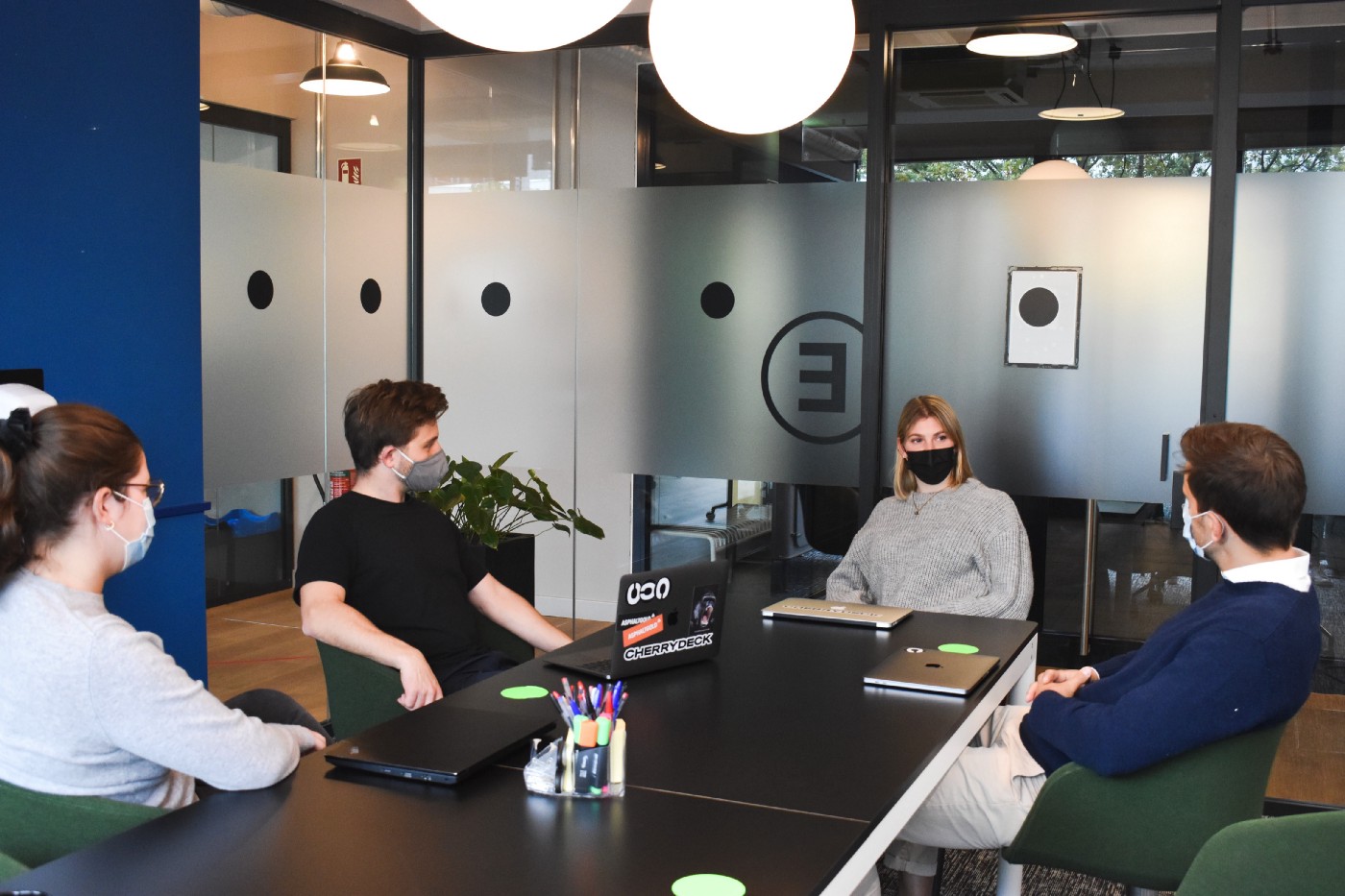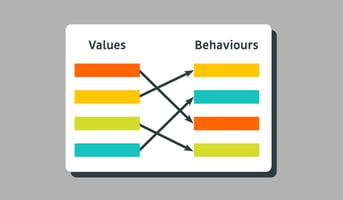AI is inevitable (like Thanos in Avengers, but hopefully without the disastrous results!). More...
Is Your Company Culture Ready for Post-Pandemic Success?

The workplace has undergone huge changes in the last few years due to the pandemic. Previous transformational changes in business, like introducing the telephone or the personal computer, were gradual and they hit our world in waves. By contrast, COVID-19 happened for nearly all of us at the same time. Suddenly, we were forced to work from home and, overnight, we had to:
- Figure out communication with our colleagues, our customers, and our suppliers
- Cope with the loss of camaraderie and cultural connections in the office
- Adapt to remote work in the place we reserved for our home life
This crisis changed us as a workforce and as a people. Company leaders are now wondering if their organization’s culture can thrive or even function in a remote/hybrid environment. While companies that tackled this format before the pandemic say yes, what is the path for companies facing serious challenges in getting employees to come back to the office or forging ahead with hybrid setups?

“A Crisis is a Terrible Thing to Waste”
That quote from Stanford economist Paul Romer encourages us to learn what we can from the challenging times we’ve faced - and the Instill Culture OS is the ideal way to unlock this opportunity for post-traumatic growth. Our platform is built to enable your company to reevaluate its cultural values and those of all employees at this critical moment in history so you can put that insight into action.
For companies, after two years of constant operational, staff, and logistical challenges, it’s an ideal time to check in with leadership to ensure that the company’s culture is up to the task of supporting your organization in a post-COVID world.
For employees, yes - it’s about flexible work schedules, resources, and locations. But that’s not enough. It’s also about working in an environment that aligns with their core values, enabling them to gain a greater sense of meaning. Cultivating this kind of workspace creates a dynamic workplace full of employees that are motivated, productive, and satisfied.
Insight from Twin Values Scales
To empower companies to begin this evolution, Instill has two tools at the core of the platform that enable the process of cultural enhancement:
- The Instill Cultural Values Scale (ICVS) helps leaders and key employees at the company explore and quantify their culture based on questions about what defines them as a company.
- The Instill Personal Values Scale (IPVS) captures the perspective of all of your company’s employees to find cultural points of alignment and connection. Viewed in aggregate, your company leaders can understand how to ensure that employees feel empowered, connected to the company’s vision, and enabled to act in accordance with company goals.
These scales were developed in tandem with our team of operational and clinical psychologists, led by leading psychometrician Dr. Galen Buckwalter. Grounded in accepted cultural definitions, workplace research, and personality analysis, the research behind our scales has provided new insight about companies and employees both during and before the pandemic. We’ll be sharing some of the most interesting findings here on the Instill blog in the days ahead.
Connect Your Company and Employee Values
The Instill Culture OS is the ideal way to unlock this opportunity for post-traumatic growth. The platform is built to enable your company to reevaluate its cultural values and those of all employees at this critical moment in history so you can put that insight into action.
To empower companies to begin this evolution, Instill embarked on a research study about values in the workplace. Partnering with the Berkeley-Stanford Computational Culture Lab, Caltech, and Army Research Lab. This revolutionary study, designed by my psyML colleague, Galen Buckwalter, PhD, enabled the development of two key tools at the core of the Instill platform that drive the process of cultural enhancement:
The Instill Cultural Values Scale (ICVS) helps leaders and key employees at the company explore and quantify their culture based on questions about what defines them as a company.
The Instill Personal Values Scale (IPVS) captures the perspective of all of your company’s employees to identify cultural points of alignment and connection. Viewed in aggregate, your company leaders can understand how to ensure that employees feel empowered, connected to the company’s vision, and enabled to act in accordance with company goals.

Grounded in accepted cultural definitions, workplace research, and personality analysis, the research behind the Instill scales provides new insight about into company values and what’s most important to employees, both during and before the pandemic.
For example, our research study shows that a hybrid work model delivers higher employee satisfaction than working exclusively in the office or remotely. Naturally employees are going to be happier when they have the flexibility to work from home when they need to for family reasons, but they also know they can go into the office for an important meeting or to tap into the knowledge and experience of their colleagues.
While this data point is relatively easy to interpret, it’s just one of hundreds of intriguing findings from the Instill Culture Study. We’ll be sharing the most useful and actionable insights on the Instill blog and in this space in the days ahead.
Get a Demo of the Instill Culture OS
The ICVS and IPVS are just the beginning of the Instill Culture OS. The platform enables you to leverage this insight to drive growth, productivity, and employee happiness. Companies large and small are signing up now to begin their revitalization with our transformational platform.
To learn more about the Instill Culture OS, please visit us at instill.ai. In just twenty minutes, we can explain how our OS can offer you new insight into your company, your employees, and the best way to grow your business in this new post-pandemic work world.
Written by leaders of the Instill Science Team:

.jpeg?height=200&name=644c1ec22cbd19265504c9e5_download%20(5).jpeg)

.png?height=200&name=6306a6c990a224b93cb0275e_image%20(3).png)
Blog comments